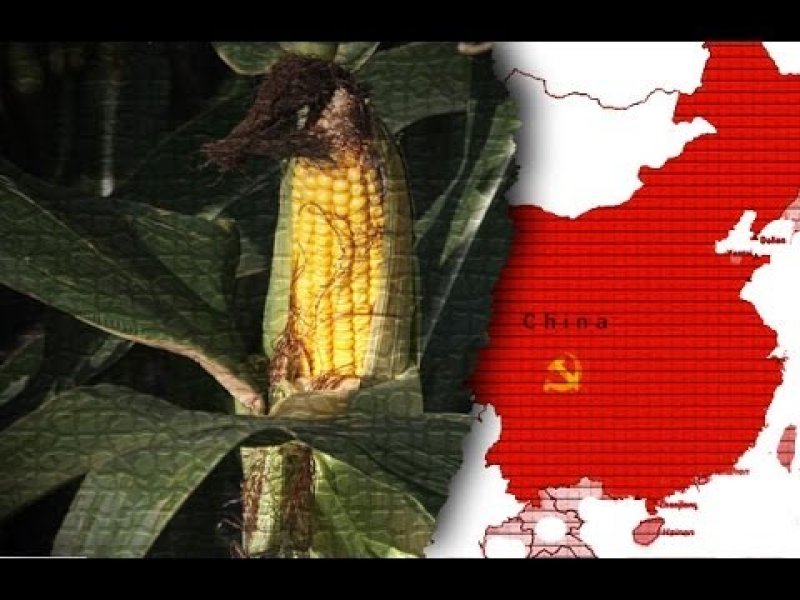Numerous public opinion surveys have shown that Chinese people have a sharply negative attitude towards genetically modified foods, despite the worldwide scientific consensus that they are as safe as any other.
But the latest piece of research, published in the Nature partner journal Science of Food by two scientists working at University of California-Davis, is even more shocking.
The authors, Kai Cui and Sharon Shoemaker, surveyed the opinions of over 2,000 Chinese citizens from 193 cities and representing all 31 provinces of China.
The researchers report that 13.8 percent of respondents agreed with a widely-circulated rumor in China that GMOs have been created by the United States as a form of “bioterrorism” against China, and that all patriots should therefore oppose them.
…
This broad-brush opposition was not correlated with any great understanding of what genetic modification actually is. Cui and Shoemaker write:
“The result of our survey showed only 11.7 percent of the respondents self-reported that they were familiar with the general scientific principles of GM technology, contrasted to 49.5 and 38.8 percent saying they know something and nothing, respectively, about the subject.”
…
Genetically engineered crops can dramatically reduce chemicals use and make farming more sustainable in other ways, such as requiring less fertilizer. However, unless reactionary attitudes to new agricultural technologies change, China will be stuck with old technologies – and attendant food safety and environmental hazards – for a long time yet.
Read full, original article: The crazy conspiracy theory believed by 190 million Chinese































